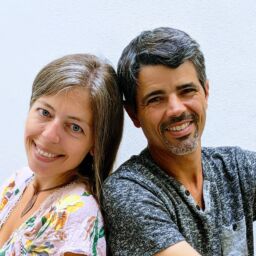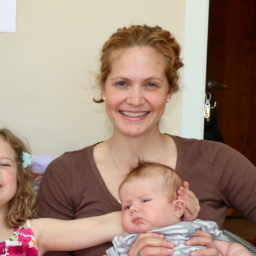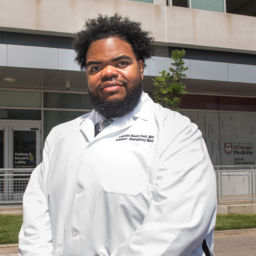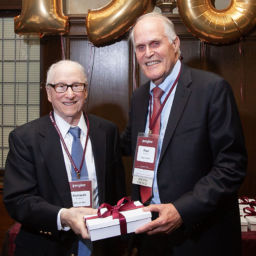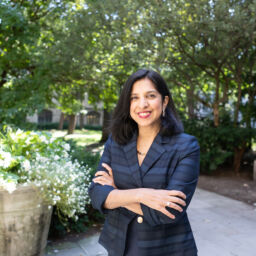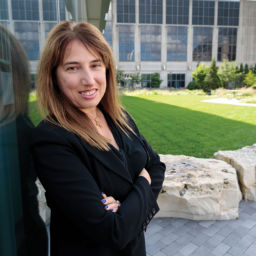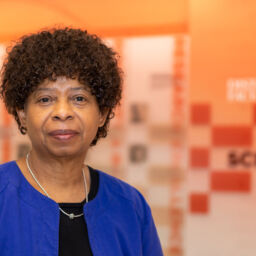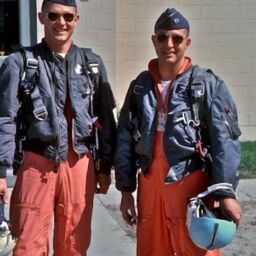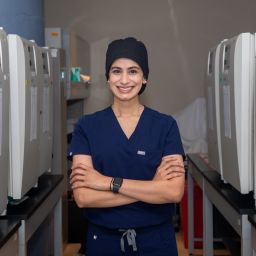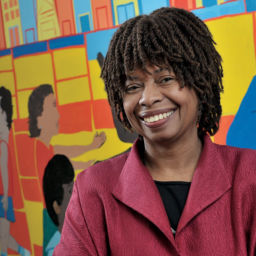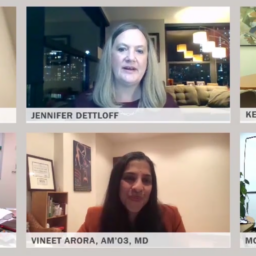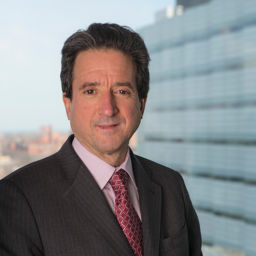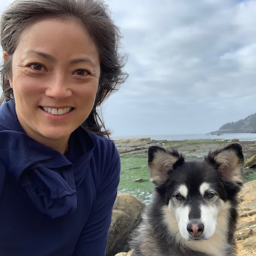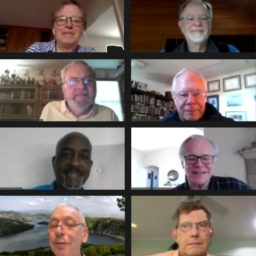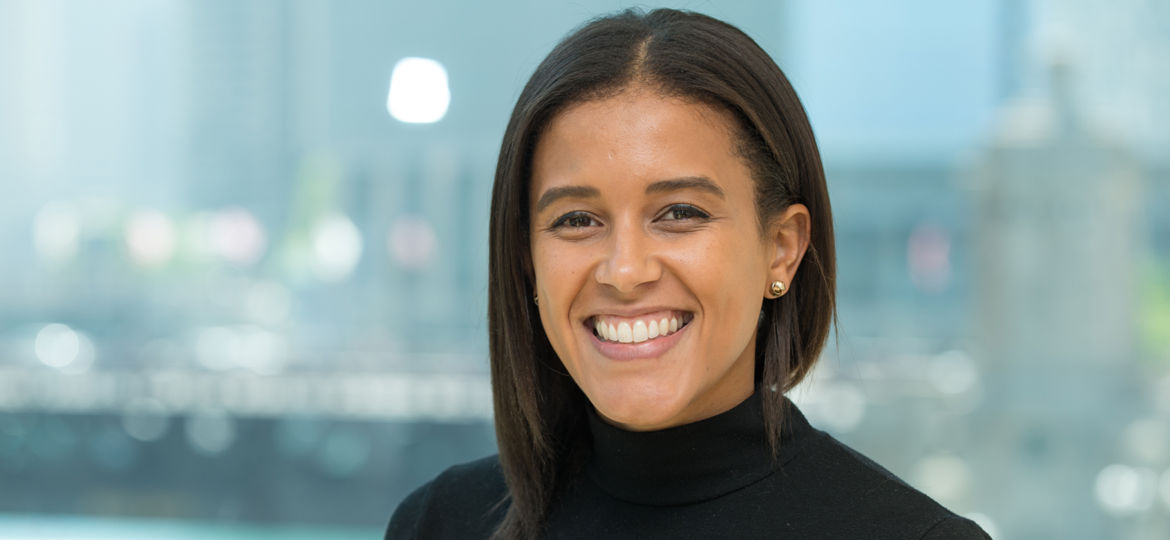
When did you know that you wanted to become a dermatologist?
I entered medical school with an interest in dermatology after working with a dermatologist in college providing free skin cancer screenings and education to the community. When I began medical school, my interests shifted to surgery after falling in love with the anatomy lab. It wasn’t until the beginning of my fourth year, after several years of pursuing an interest in plastic surgery, that I realized dermatology was a better fit.
What would you tell students who are in the process of choosing their specialty?
While guidance from others is imperative, in the end it is an incredibly personal decision. For me, it was a holistic decision, balancing my professional as well as my personal interests. Dermatology provides me with the opportunity to develop long-term relationships with patients, think about complex diagnostic puzzles, and perform office-based procedures. It also provides a structured schedule that will enable me to explore my interests both within medicine, including medical education, and outside of it.
What advice would you give to students on the residency interview trail and submitting their final rankings?
Treat your residency interviews as the beginning of your professional career in medicine. No matter where you match, the medical community is small and the people you meet on the interview trail will be your mentors, colleagues, and friends for the next several decades.
One piece of advice I received when ranking programs was that there is no “right” way to make a rank list; it depends on what you value most. Some students will make theirs based on program prestige, location, research opportunities—all of these are valid. Others based rankings on proximity to family and ability to maintain important relationships—that is also completely valid. Think about how you weigh each of these components, determine what feels right to you, and do not compare your scale to those of your classmates.
How did Pritzker prepare you for your residency program?
Participating in student organizations, serving on the admissions committee, and planning social events and talent shows all helped me to develop and refine the organizational skills and capacity needed to be a chief resident. At the end of the day, a residency is a job. Pritzker gives us the opportunity to develop the tools needed to be effective at our jobs. Once you see the result of those efforts, the hard work is rewarding.
What’s something students can do right now to prepare for life after medical school?
Medical school feels busy, but it is the most time you will ever have to do what makes you happy and explore the person you are and want to become. Putting in that time now will help prevent you from getting lost in the shuffle of residency and help you chart a path forward in times of stress or fatigue.
Finally, maintain your friendships from medical school. You have hopefully found a group of like-minded, hard-working, compassionate, and intelligent people that you love spending time with, and those friends don’t come around too often. My Pritzker friends and I plan one or two reunion trips per year and always have an incredible time catching up and exploring a new city. Juggling resident schedules is no joke—plan a year ahead of time!


